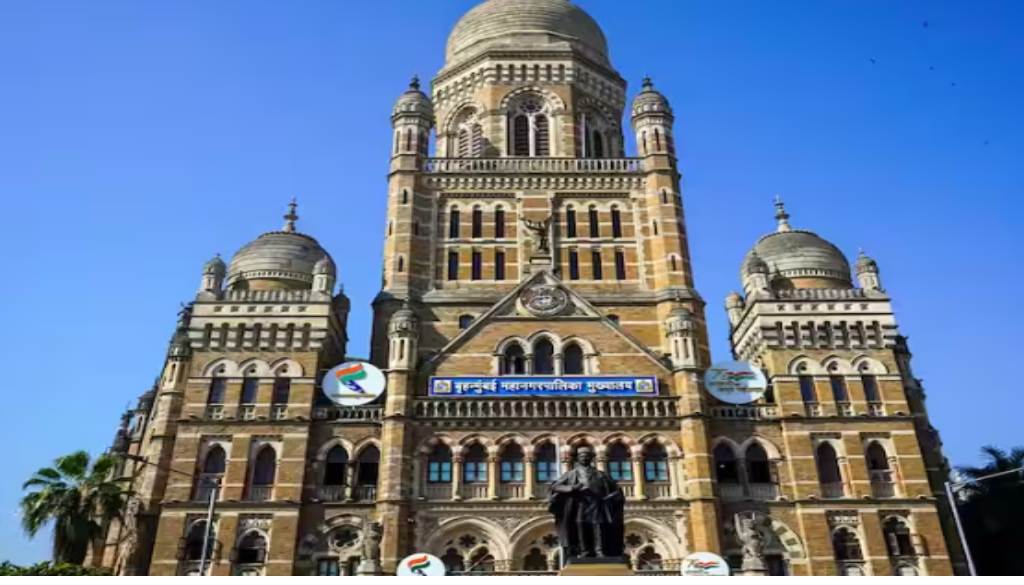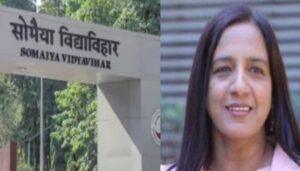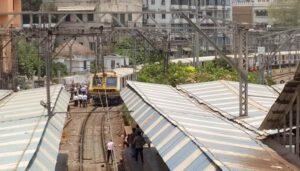From BMC to Lok Sabha: Mumbai’s Political Landscape Favors Former Corporators

Mumbai, 7th April 2024: In Mumbai’s political landscape, it’s a longstanding tradition for individuals to transition from roles as local corporators in the Brihanmumbai Municipal Corporation (BMC) to serving as Members of Parliament (MPs) in the Lok Sabha. Currently, a significant portion of Mumbai’s representation in the Lok Sabha is composed of former BMC corporators, including Gopal Shetty, Manoj Kotak, and Rahul Shewale.
Shetty and Shewale have held their MP positions since 2014, while Kotak joined them in 2019. Looking ahead to the 2024 general elections, Shewale is once again the Shiv Sena’s nominee for Mumbai South Central.
Although Shetty and Kotak won’t be contesting this time, there’s speculation that other ex-corporators like Ashish Shelar or Ameet Satam might step into the electoral fray.
Observers note that fielding former corporators as candidates offers certain advantages, as they are perceived to possess a deeper understanding of local issues and dynamics. Sanjay Patil, a political researcher at Mumbai University, suggests that the dominance of parties like Shiv Sena and BJP in the BMC has facilitated the creation of local vote banks, enhancing their electoral appeal.
Shewale emphasizes the importance of bridging the gap between local and central agencies, citing his experience as a former corporator in understanding and addressing issues like the Development Plan 2034 model. He argues that MPs must now shoulder responsibilities that were traditionally handled by municipal corporators.
Before his tenure as an MP, Shewale served as a municipal corporator from 2002 to 2014, including a stint as chairperson of BMC’s standing committee from 2010 to 2014. Similarly, Shetty, who transitioned from BJP corporator to MP in 2014, highlights the advantage of being a familiar figure due to his extensive experience in local governance.
Kotak, who served as a corporator for 15 years before becoming an MP in 2019, underscores the importance of leveraging local insights to inform policymaking at the national level.
However, political analyst Surendra Jondhale contends that while administrative experience is valuable, parties also consider factors such as the demographic composition of constituencies when selecting candidates.
In essence, Mumbai’s tradition of nurturing political talent from the grassroots level underscores the symbiotic relationship between local governance and national representation, where former corporators bring valuable insights to parliamentary proceedings, informed by their intimate knowledge of hyper-local issues.





